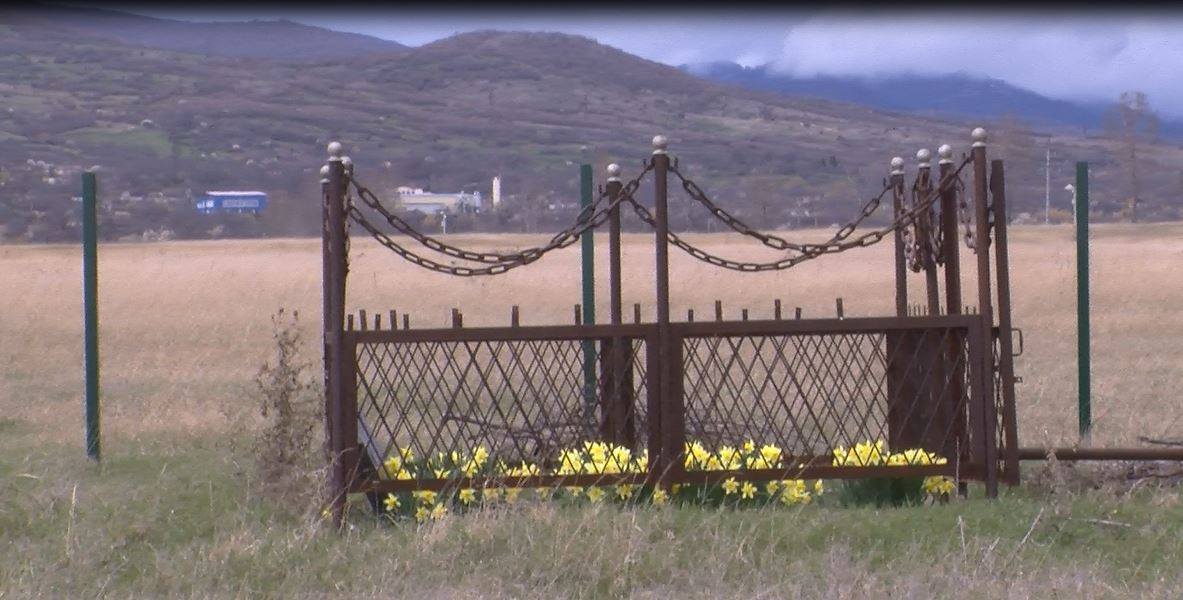Lado Bitchashvili, Shida Kartli
Internally displaced people could not go the cemeteries on the occupied territories on Easter Sunday. Georgian side started negotiations about the issue during the Ergneti Meeting but representatives of the Tskhinvali de-facto government refused them. Besides that meeting, Georgian governmental officials raised the issue in the Geneva Meetings too but the de-facto authority did not change its position.
Tskhinvali de-facto security committee made decision to close the so-called border. They prohibited citizens to cross the “border” on April 11-12 but from April 13 the border regime resumed its ordinary work.
Tskhinvali based TV-company Iri warned population not to travel to the cemeteries in the occupied territories otherwise they were warned to be arrested by law enforcement officers for illegal crossing of the border.
Ilia Beruashvili from Ditsi village crossed the “border” despite the warning and went to his father’s grave.
“There is occupation line two meters away from the cemetery. Going to the cemetery has become dangerous for the past few years. Russian soldiers might arrest us; people are afraid to come,” Ilia Beruashvili said.
Population of Kirbali and Khurvaleti villages could not go to the cemeteries either because several people were arrested nearby the cemetery during past few months. House of Data Vanishvili in Khurvaleti village appeared in the occupied territory when Russian soldiers marked the so-called “border.” The neighbors asked him to take flowers and red eggs to the graves of their dead relatives instead them.
It is noteworthy that after 2008 Russian-Georgian War IDPs have not had information about the conditions of graves in 101 occupied villages.
News
December 13, 2023
Ethnic minorities outside the peace dialogue
November 6, 2023
‘Peace’ agenda of political parties
Popular
Articles
February 13, 2024




